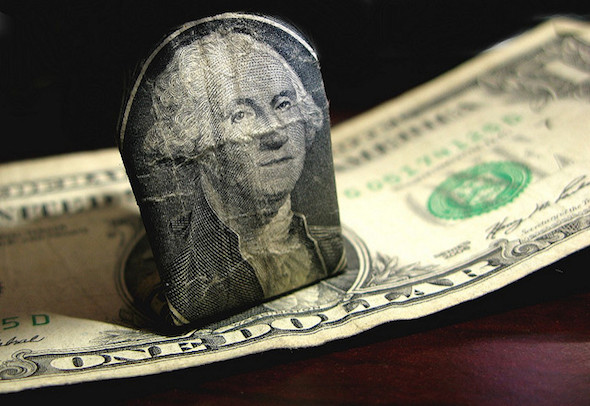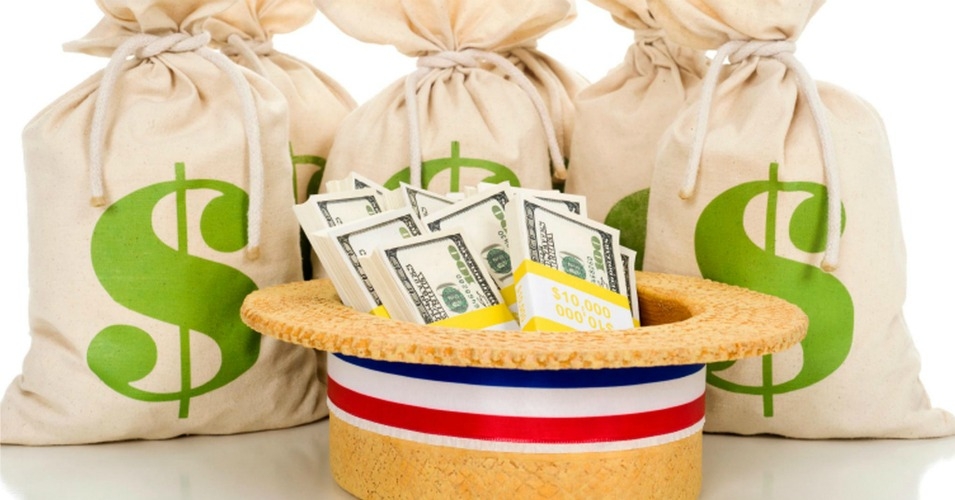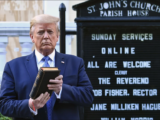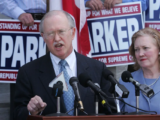
By Lauren McCauley –
While the outsized influence that Big Money is having on federal elections is well-documented, the local impact of the Supreme Court’s 2011 Citizens United vs. FEC ruling has not been fully realized — until now.
The Brennan Center for Justice at New York University School of Law on Sunday published a landmark report documenting how secret donations have corroded democracy at the state level, where it is “arguably most damaging.”
“Mining companies secretly targeting a legislator who opposed permits. Food companies battling a ballot measure to add labeling requirements. Payday lenders supporting an attorney general who promised to shield them from regulation,” writes Brennan Center president Michael Waldman, listing the ways that outside money has corrupted local politics.
According to the report, secret spending on the local level rose from 24 percent in 2006 to 71 percent in 2014. This is largely due to a new phenomenon the authors have dubbed “Gray Money,” which is when “organizations, which are legally required to disclose their donors, route money through multiple layers of PACs to obscure its origin.”
The first of its kind survey analyzed spender and contributor reports in six geographically and demographically diverse states, where sufficient data was available: Alaska, Arizona, California, Colorado, Maine, and Massachusetts. The sample represents approximately 20 percent of the nation’s population.
The lower cost of state and local elections makes it relatively easy for dark money to dominate. According to the study, outside groups often outspent candidates by the $10,000’s to lower $100,000’s, which it notes is “a modest business expense for special interests, but a major hurdle for many candidates and community groups.”
As Waldman mentioned, these funds “frequently flow from special interests with a direct and immediate economic stake in the outcome of the contest in which they are spending, in contrast to what is often portrayed as the more broadly ideological outside spending at the federal level,” the report says. “Distinct from the federal level, voters in every state and innumerable counties and towns face ballot measures where they directly decide policy questions—education spending, collective bargaining, taxes—often with major financial consequences for a relatively small but economically powerful constituency.”
Moreover, “these are often low-information elections,” where special interest spenders can easily sway voters by flooding local media with “unaccountable [advertising] messages.”
In an New York Times op-ed published Saturday, report lead author Chisun Lee and Lawrence Norden, deputy director of the Brennan Center’s Democracy Program, document some of the examples where such dark or gray spending has facilitated corruption.
“Persuading the Supreme Court to overturn recent decisions such as Citizens United, which empowered donors to spend unlimited amounts via opaque business and nonprofit entities, would go a long way toward fixing the problem,” they write. “But until that happens, there is evidence that states, through strong disclosure laws and enforcement, can make it very difficult for spenders to conceal their identities from the public, even if they can’t eliminate dark money.”

—
This story was first published on the Common Dreams website, a progressive think tank.













